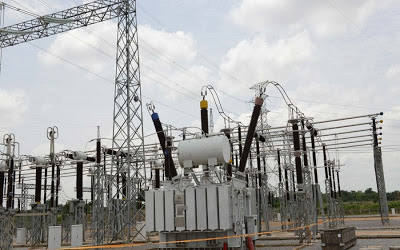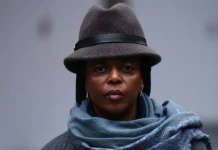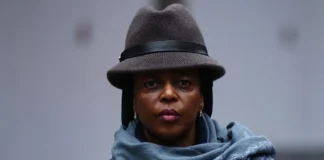Neglected transmission infrastructure behind grid collapses, expert says
The country must make the energy sector bankable for foreign investors to come in, noting that no investor would want to commit their funds in a fragile national grid
Energy expert, Wale Shonibare, has attributed the frequent collapse of Nigeria’s national grid to years of neglect of transmission infrastructure.
Shonibare made this remark during an interview with our correspondent at the recently concluded Africa Investment Forum (AIF) in Rabat, Morocco.
He explained that the country’s current challenges stem from a lack of focus on critical infrastructure, as priorities were shifted elsewhere over the years.
“Politicians like to cut ribbons, which means they invest in generation. But it’s a value chain. You don’t invest in generation alone.
“So the distribution and transmission infrastructure needs attention. I think there’s a realisation that we have to do that now, and that needs to be done very urgently,” he said.
Shonibare said the country must make the energy sector bankable for foreign investors to come in, noting that no investor would want to commit their funds in a fragile national grid.
Nigerians have had to suffer countless blackouts in recent times as a result of collapse of the national grid, a development that has adversely affected small businesses.
Available statistics indicate that this year alone, the grid has collapsed a minimum of 12 times, while the country recorded 105 grid collapses in the last 10 years.
He said the Africa Development Bank (AfDB) was working with the country on the implementation of the new electricity act, as well as policies to facilitate the sector and make it liquid for investors to come in.
“The sustainability of our utilities, having the right tariff structures, because the utilities are the ones that buy the electricity. So if the utilities are not sustainable, it’s very difficult to bring investment into the sector.
“I was very involved in the privatisation effort, mobilising investment when I was working in Nigeria about eight years ago, but look at what has happened to all those loans that were taken at that time.
“So if we don’t demonstrate that Nigeria is a viable investment destination, that investment will go elsewhere, because capital is not sentimental. In Nigeria, there’s an emphasis on making sure that we develop the infrastructure for evacuating the power.
“Nigeria has a lot of stranded power that is not being evacuated. We have the generation capacity, but you have to get that power to the people, which means the transmission lines, the distribution systems, the substations, and also the collection. There’s a huge metering gap in Nigeria.
“People don’t want estimated billing, so you need to have prepaid metering that is deployed so that you can collect the money. It starts with collecting the money, that’s what feeds the rest of the value chain.
“But the government has been very receptive. We’re providing technical assistance. We’ve embedded people in strategic places to work with ministers and also within to work with the National Electricity Regulatory Commission (NERC), and also with state governments.
“In fact, earlier this year, we sent about 20 state government officials to the African School of Regulation for training, because we have to build the capacity. Interestingly, a lot of those people who were trained by the old Nepal PHCN are getting old and retiring.
“So, we have to replace that talent, and the whole system has to work holistically.”
Shonibare said he was very optimistic about the potential in Nigeria, adding that positive results would be seen soon.if the grid collapses could be stopped.
“And once you have that stable platform, then you can build in the other aspects. But we’ve learnt a lot of lessons, and I still believe that in the long run, the privatisation and liberalisation of the sector in Nigeria is creating a lot of innovative businesses and approaches. States are taking more of a role, and the states are closer to the people.
“So, I think that’s a very good innovation, because then the governor will be held accountable for providing electricity. We didn’t have that before, because power generation was on the exclusive list. And so for me, I’m seeing a lot of talent coming out of Nigeria, and we have to mobilise our local financial sector.
“Nobody else is going to do it for us. So if the sector is bankable, the money will come in. We saw it in telecoms, it needs to happen for the power sector.
“I think it is important that the government continues to invest massively in transmission. It is a centralised system, and you don’t want to vulcanise the transmission.”
(c) The Nation















